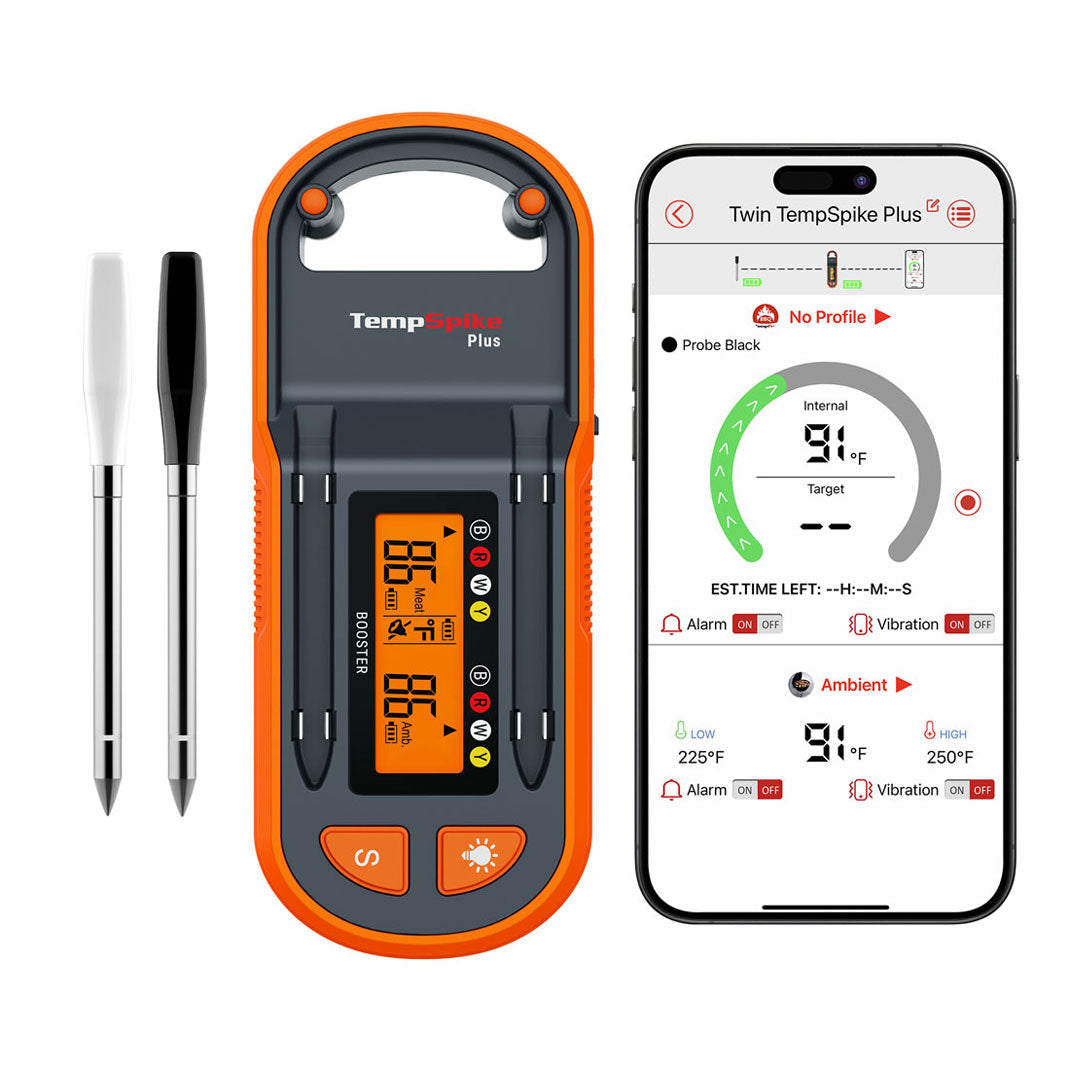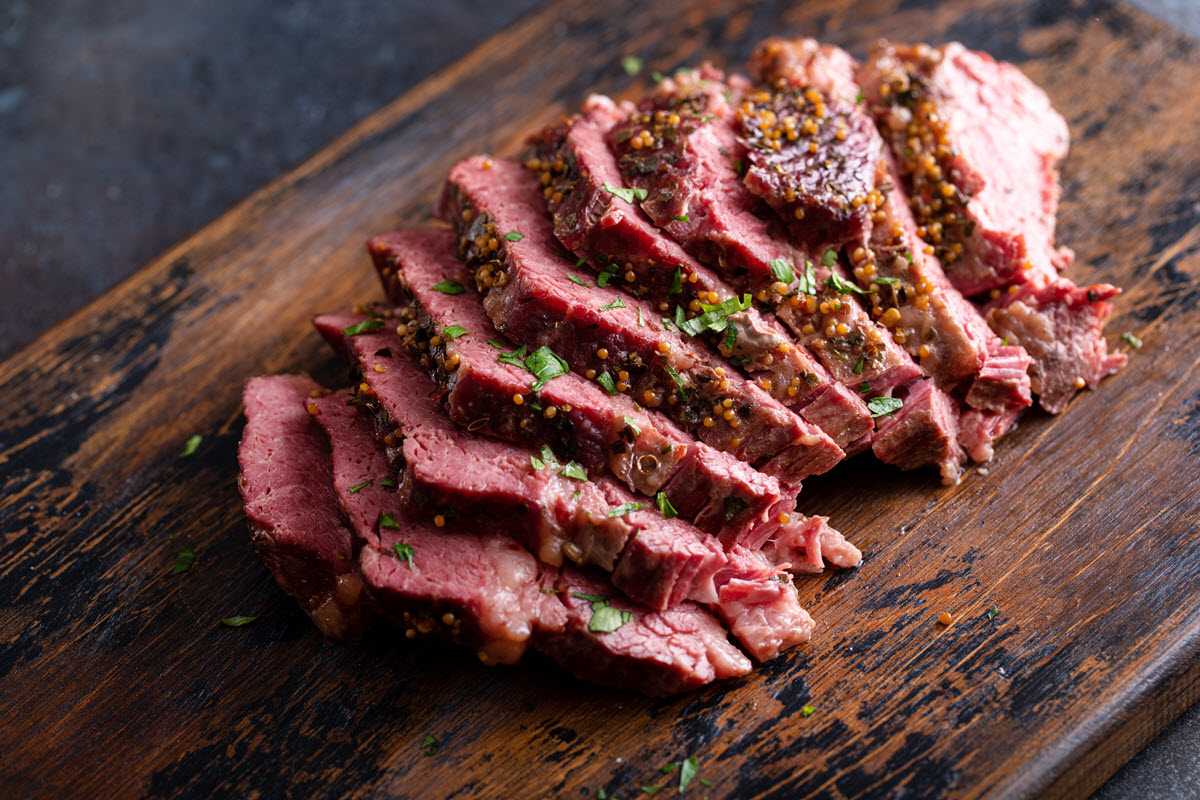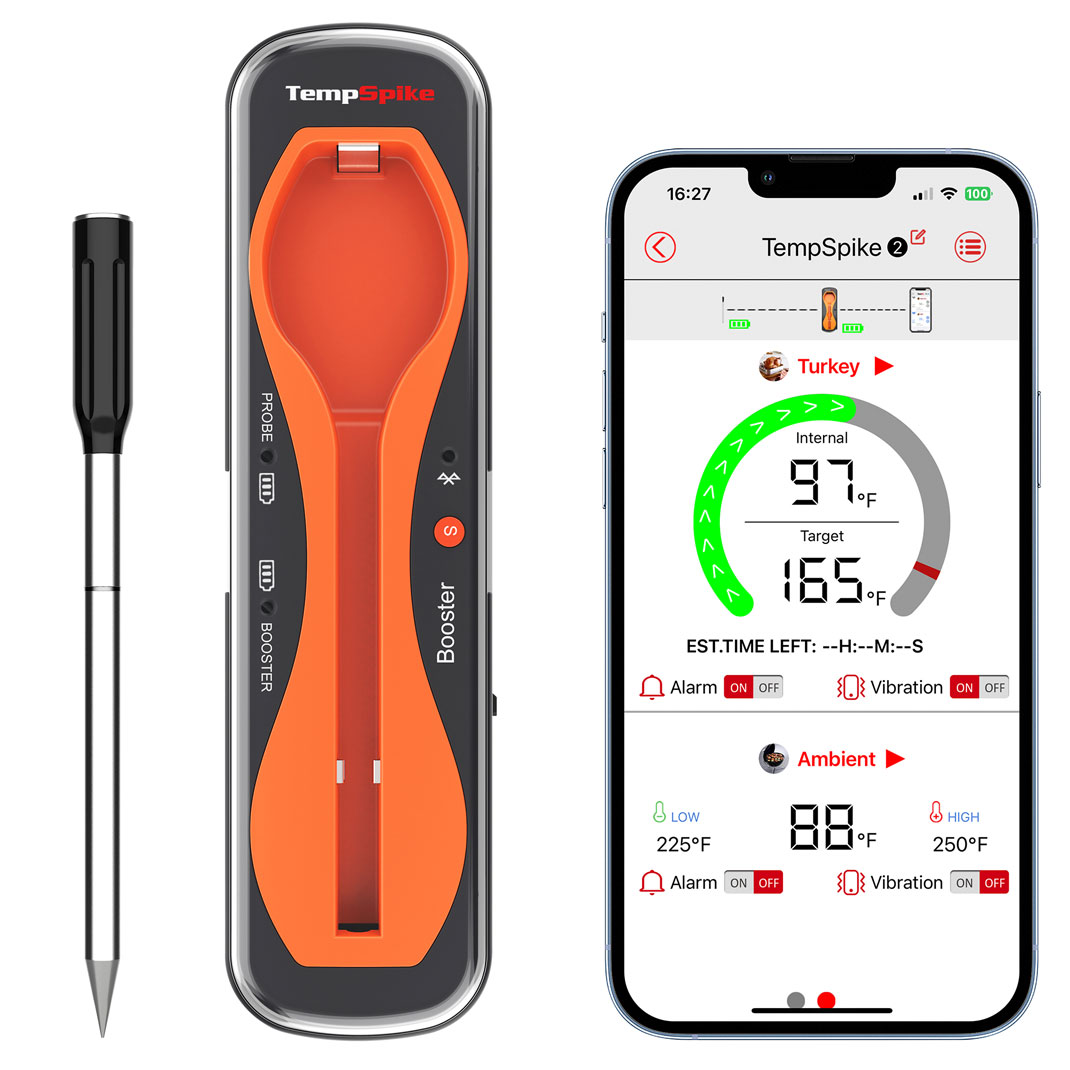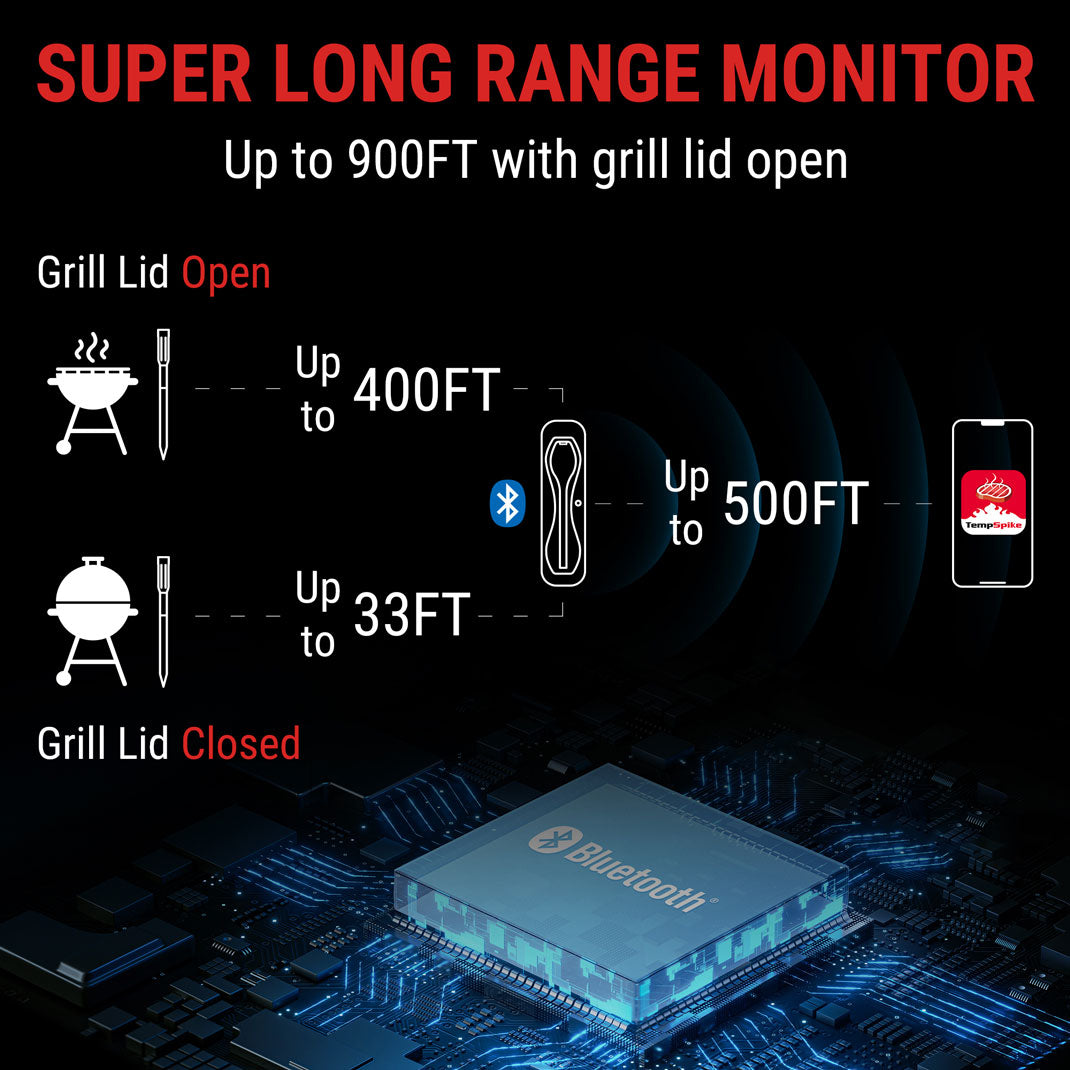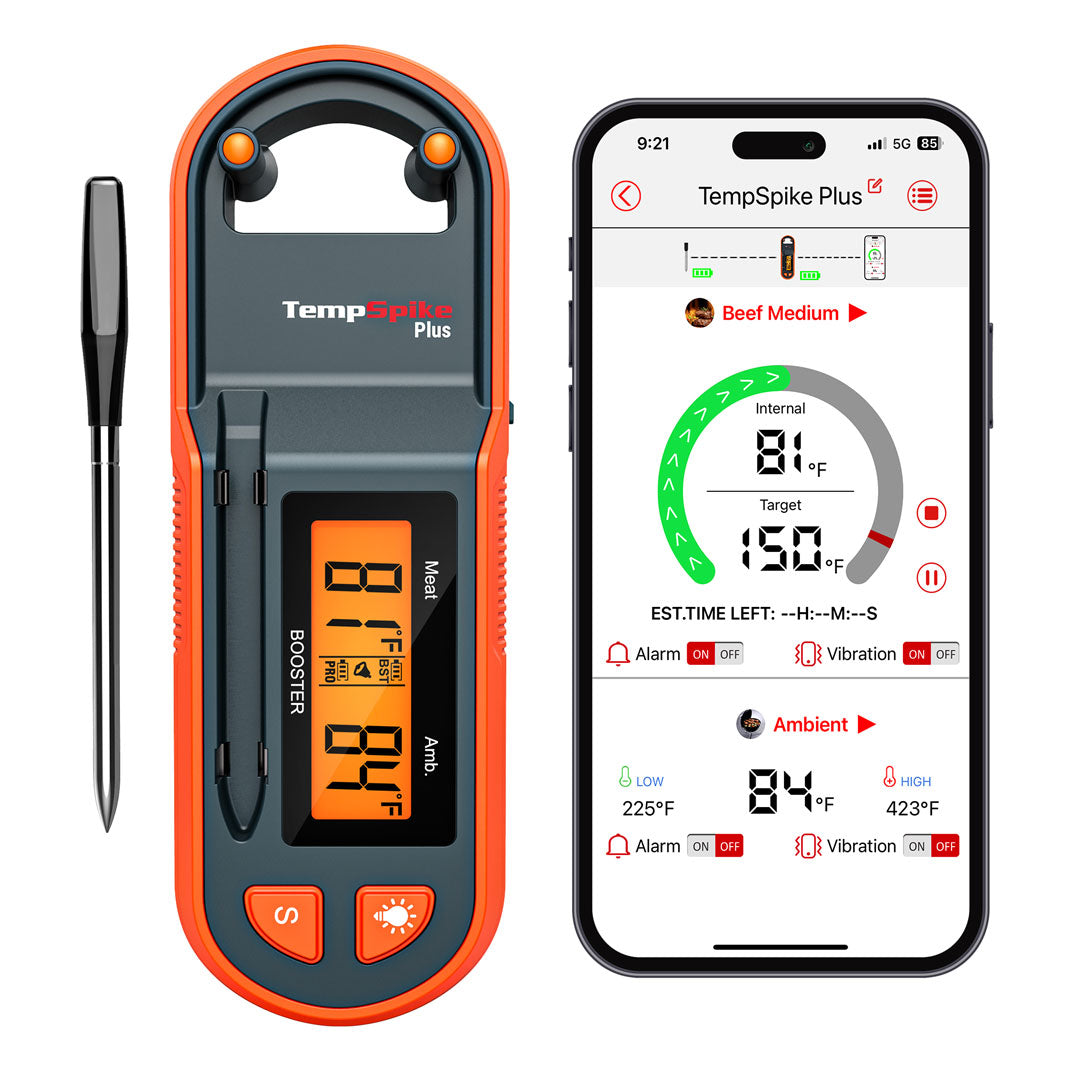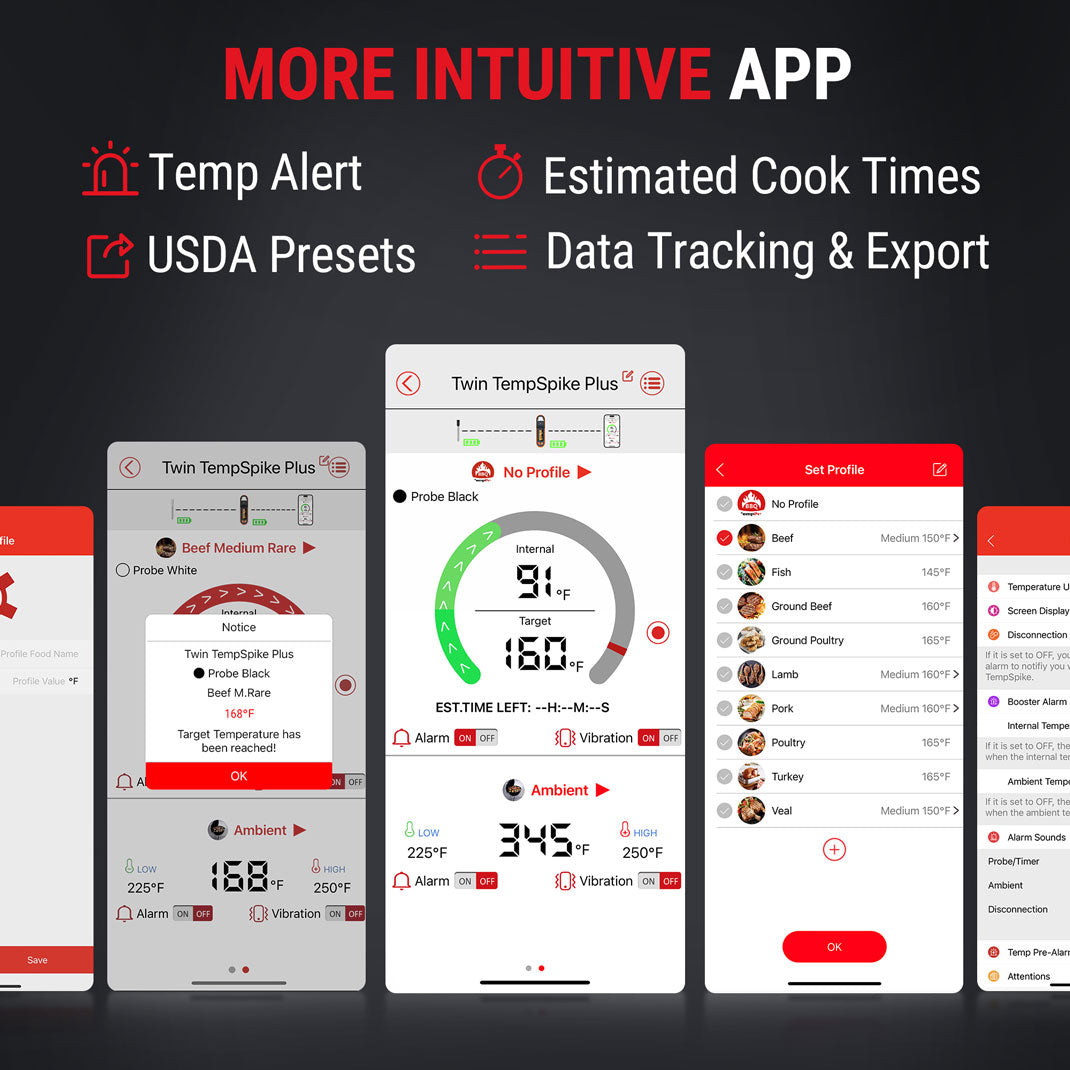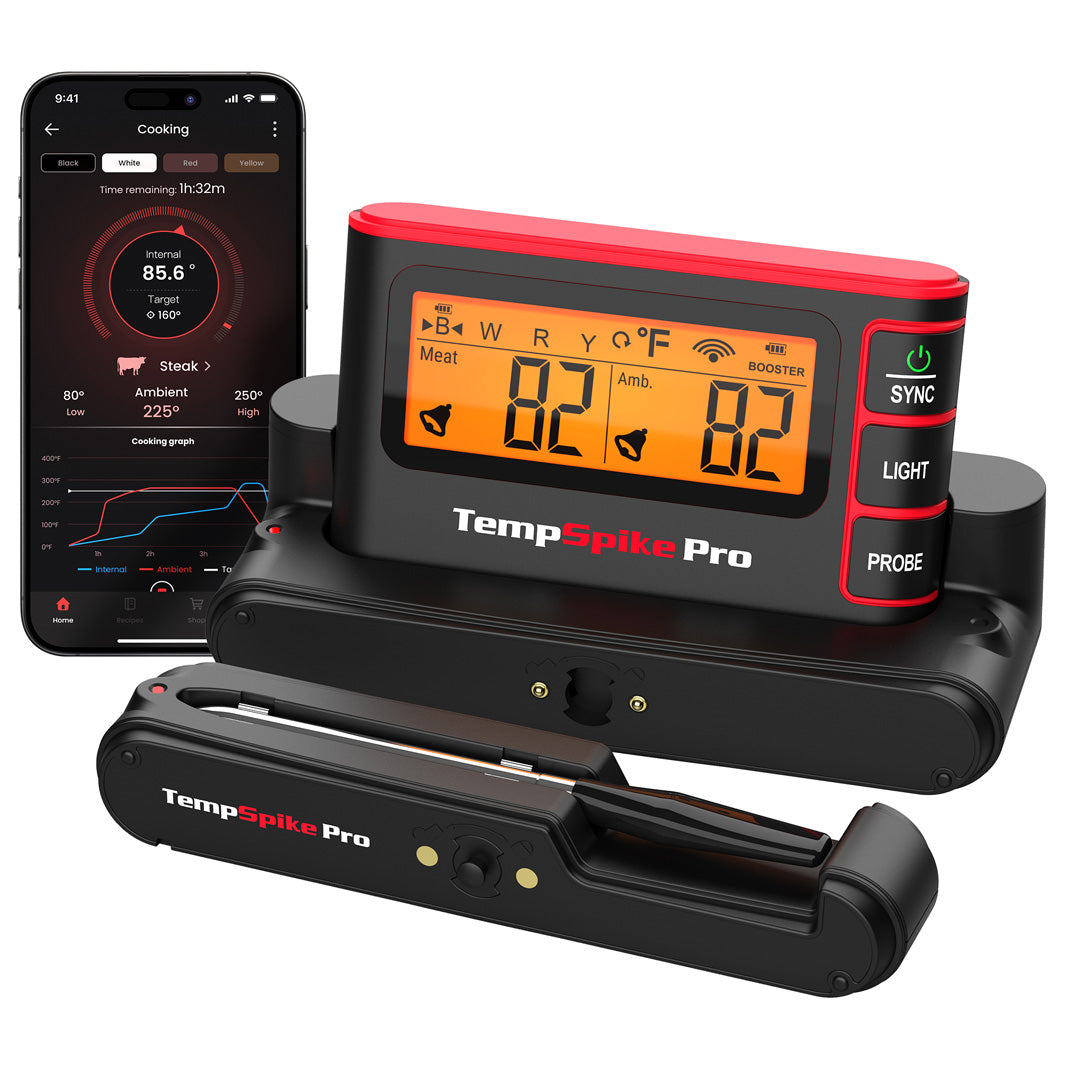Part of the secret to ensuring perfectly grilled foods is to use a well-seasoned grill; otherwise, you risk your foods having a chemical flavor if you are using a new grill, or a burnt, stuck on flavor when using your current grill, which can become cooked into your food and affect its taste.
However, grill seasoning prior to the cooking process can provide the deep, smoky flavor you’re looking for in your grilled foods. It’s also easy to do and is the gift that keeps giving even after several years.
To learn how to season cast iron grill or any other grill, as well as what temperature to season cast iron grill, read on.
Do you have to season a new grill?
At first sight, a new grill may seem beautiful, nice, neat, and clean with its smooth exterior and shiny new grill grates just perfect for grilling; however, they also often contain various chemicals from the manufacturing process, which can bake into your grub and give it a chemical taste. Therefore, it is strongly recommended that you always season a new grill prior to using it for better results.
Furthermore, since seasoning a new grill also requires heating the grill as part of the process, it will also help burn off the chemicals on the grill parts, for safer, healthier foods.
It also makes clean up and cooking easier because when you season your grill, it helps develop a slick surface, which helps prevent cooked on foods, oils, marinades, and fats from adhering to the grill. This is especially true if your grill is made of cast iron because it contains pores, which help soak up even more of the fats and oils, which are responsible for creating a nonstick surface.
It is also these soaked in fats and oils, along with the smoky flavor produced from the heat, that give your grill its pronounced flavor, or seasoning. Furthermore, the flavor will continue to deepen the more you use your grill.
Seasoning grill is also a plus for your grill because since it involves using oil on the grill, it helps create a protective barrier that helps repel moisture and water, which are the leading causes of rusting.
How to season grill?
No matter your new grill type, such as charcoal, cast iron, steel, or gas, the following techniques will help you impart flavoring and aromatics into your grill, as well help make it safe for cooking.
Clean the Grill
Upon getting your new grill home, you will first need to clean the grill grate using plain water to remove any metal shavings and dust that may have gathered during shipping. Once you have thoroughly cleaned the grill, allow it to dry completely.

Otherwise, if you are preparing to season an existing grill, using a brush and warm, sudsy water, clean the outside of the grill as well as the inside of the grill, including the inner part of the lid, to remove any accumulating layers of black smoke.
If your current grill has any burnt or stuck on food on the grates, scrape off the residue using a soft bristle brush or a piece of crumbled, heavy-duty aluminum foil.
Next, heat the grill on high with the grill lid closed, which will help burn off any remaining residue. Gently brush the grill parts to remove the pale colored ash.
To clean a smoker cooker, fire up the smoker cooker and then allow the temperature to reach 300ºF. Open the door on the unit and then, using a water hose, mist the inside of the smoker cooker with water. Allow the heat to reach 300ºF again, and then mist the inside of the unit once more. Finally, add a nice chunk of split wood to the grill and then close the firebox vents until they are almost completely shut. Close the chimney damper to 45 degrees and then allow the smoke to permeate, which will create a hardwood smoked finish.
Season the Grill
Seasoning the grill simply means coating the grill in oil and then heating it prior to cooking, which is especially useful for new grills because it also helps burn off any toxic substances that were applied during manufacturing.
To season the grill, use a paper towel or a soft brush to apply an oil with a high smoking point to the grill grates as well as the inner part of the grill, including the inside of the lid.
If you are seasoning a cast iron grill, the oil will also seep down into the inner part of the grill where it will eventually harden from being cooked, which in turn will create a nonstick layer that enhances the grill color and also improves its taste over time.
Heat the Grill
Bring the grill to high heat. Allow the oil to cook into the grill for about 30 to 40 minutes, which will allow the smoke to mix with the oil to impart its flavor.
The grill should begin to darken, which is a clear sign that it is becoming flavored.
On cast iron grills, the surface will turn a rich black with a slick sheen, which is also a clear sign that it is developing a nonstick surface.
After about 30 to 40 minutes, turn off the heat and allow the grill to cool. Your grill is now seasoned and ready to make its star appearance at your next gathering.
You should also be sure to clean and season the grill regularly using this three-part method. By doing so, it will help ensure your grill lasts for years to come and always imparts great flavor.
Can you use Pam to season a grill?
Pam can be used in the place of oil to season your grill, and because it is a spray oil, it will help make it easier to apply and less messy to clean up. However, it is important to select a product that specifically states that it is for grilling or high heat cooking in order to prevent it from burning, which will give your grilled foods a burnt taste.
You should also be sure to spray the grill while it is cool because, since Pam is an aerosol spray, it can be flammable if sprayed directly onto flames or high heat.
What is the best oil to season a grill?
As stated earlier, when seasoning your grill, it is important to select an oil that has a high smoking point in order to prevent the oil from burning, which can ruin your seasoning as well as your food.

The smoking point is the point that the oil begins to smoke, which for high smoking point cooking oils is 400ºF or higher. There are various cooking oils with a high smoking point that you can use to season your grill, including:
- Canola oil
- Peanut oil
- Corn oil
- Almond oil
- Sunflower oil
- Safflower oil
- Avocado oil
- Grapeseed oil
- Olive oil, refined
- Sesame oil
Some people even prefer to use lard or another animal fat to season grills, especially cast iron grills, for its intense meaty flavor. However, when using lard or other animal fats, if you allow the grill to sit too long in between using it, the fat can go bad, which can give your foods a stale, unpleasant flavor.
Soybean oil is another popular high smoking point cooking oil because it contains no synthetic chemicals, peanut oils, animal fats, or proteins that can trigger soy allergies.
Lastly, to ensure your grilled foods contain maximum flavor, you should also be sure they are cooked to the right temperature to avoid overcooking or under-cooking your foods, which can also ruin their taste. Therefore, be sure to incorporate a cooking thermometer, such as the Thermopro Food Thermometer, into your grilling mix as the perfect accompaniment to your well-seasoned grill.
So, there you have it. The key to deliciously grilled foods is to make a good grill seasoning, and remember you need to apply a little oil to the grill after each time you use and then clean the grill in order to maintain its nonstick surface and to continue to build flavor. It is also important that at least once a year, you clean both the inside as well as the outside of the grill with warm soap and water to help remove any gunk build up, which can cause a fire. It will also help remove carbon build up, which is often confused with chipped paint.






 288 Comments
288 Comments









